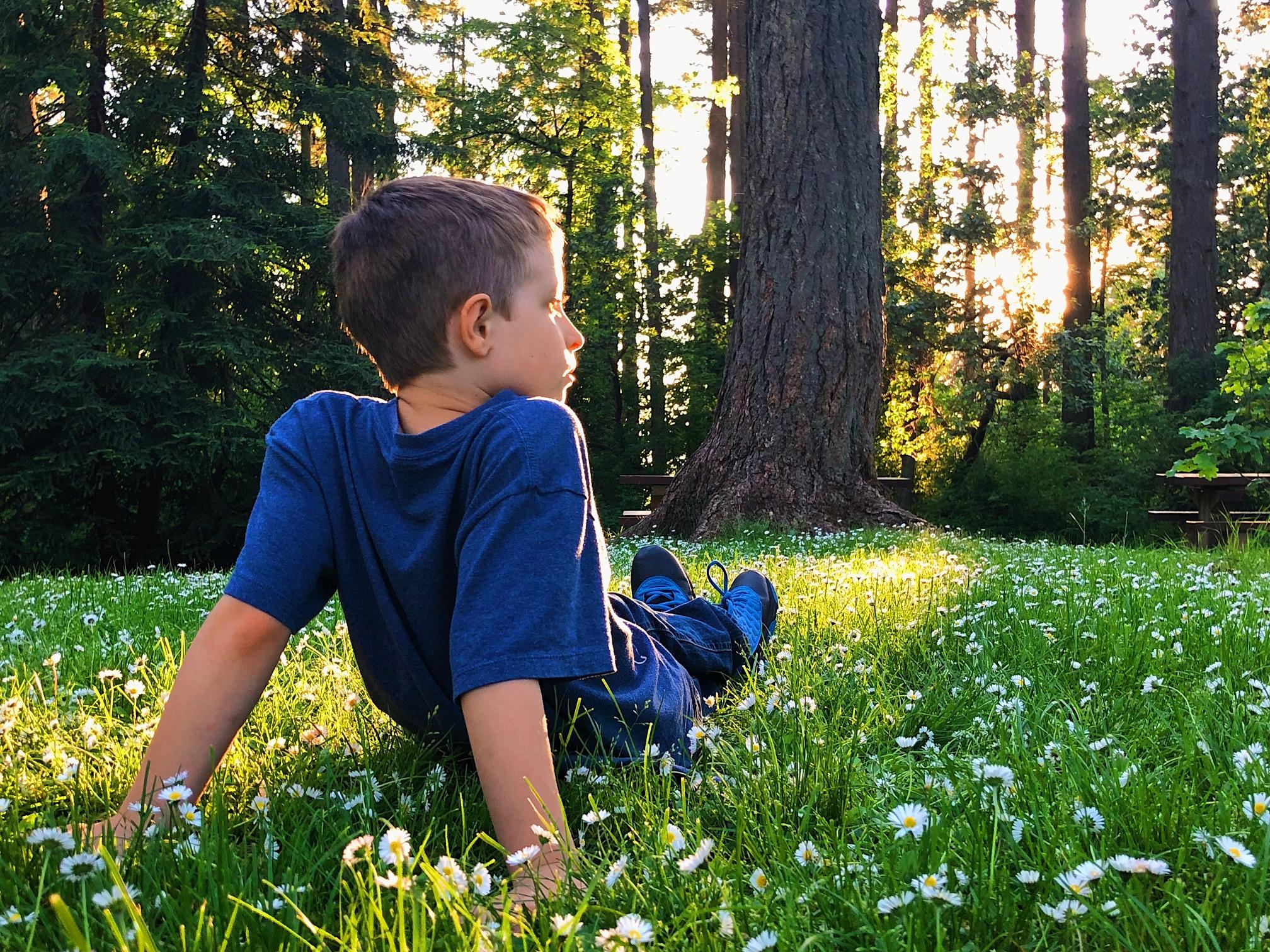- Home
- »Articles
- »Wellness
- »Mindfulness
- »Top 5 Mindfulness Benefits for Children



Top 5 Mindfulness Benefits for Children
9 July 2023
Mindfulness is a practice involving calm awareness of your surroundings and feelings that is becoming increasingly popular due to its benefits for wellbeing. There are many benefits to mindfulness for both children and adults. This article will focus on the benefits for children.
Improved Focus And Attention Span
Children often struggle to maintain their focus and attention, particularly at school and when studying, and mindfulness has been found to help with this. Kids who practise mindfulness tend to be less easily distracted and this can have benefits for their academic performance. This focus is useful in other activities too, such as sports and learning a musical instrument.
Reduced Stress And Anxiety
Children are under a lot of pressure these days, with worries about things like their performance at school, friendships, family problems and social media. They can easily become overwhelmed and stressed out. Mindfulness helps children focus on the present moment and let go of thoughts causing them anxiety. By taking a few minutes each day to practice mindfulness, children can learn to cope with stress in a healthy way, which will be a useful skill for their whole lives.
Greater Emotional Stability
Another benefit of mindfulness for children is that it can help to promote greater emotional stability. By learning to recognise and describe their emotions, kids are less likely to be overwhelmed by them. Mindfulness can also help children understand that their emotions are temporary and will eventually pass. As a result, children who practice mindfulness are better able to cope with strong emotions and respond more constructively.
Better Sleep Habits
Children often struggle to get to sleep, with racing thoughts keeping them awake. A major component of mindfulness is learning to pay attention to the present moment without judgement. This means observing thoughts and feelings without getting caught up in them. Once kids have learned how to notice their thoughts without getting pulled into them, they can more easily let go of them and fall asleep. The greater awareness of how their bodies feel can also help children know when they're tired and develop better sleep habits, especially for older children and teenagers who may have more autonomy over their bedtimes.
Increased Creativity
One of the most surprising effects of mindfulness is increased creativity. Mindful children are better able to come up with original ideas and are more flexible in their thinking. This means they can see problems from different angles and find unique solutions. They also tend to be less afraid of taking risks, which means they are more likely to pursue their creative endeavours. As a result, mindfulness can help children tap into their full creative potential.
It's important to note that mastering mindfulness requires regular practice and it can take time for the benefits to become apparent. Whether you decide to try mindfulness classes or use online resources, the key is persisting.
Photo by Melissa Askew on Unsplash
